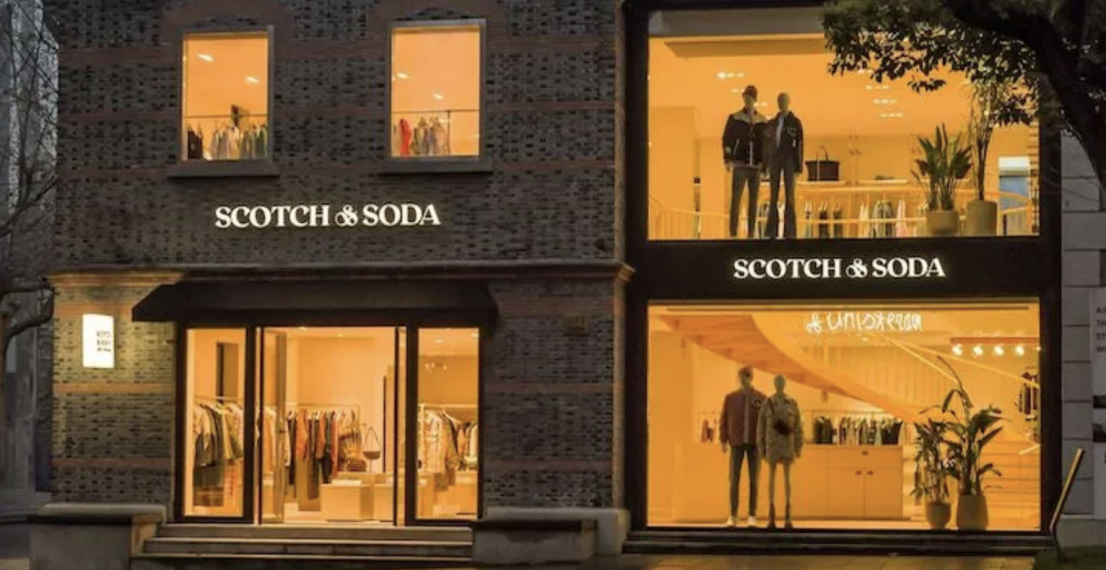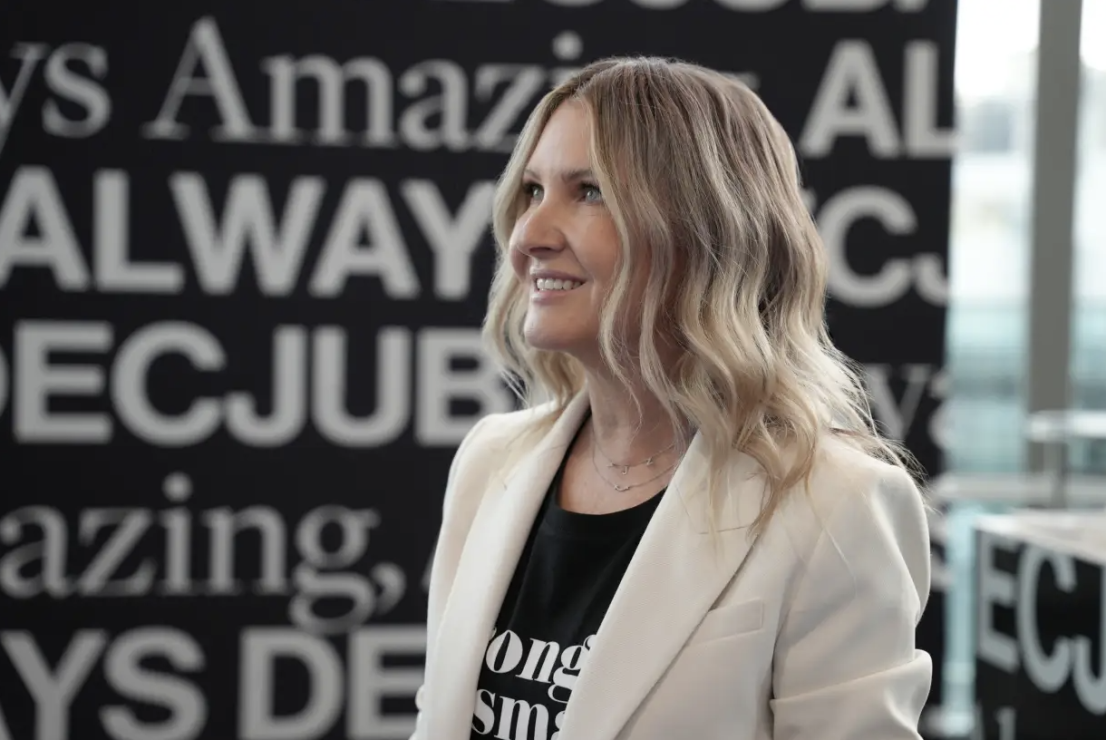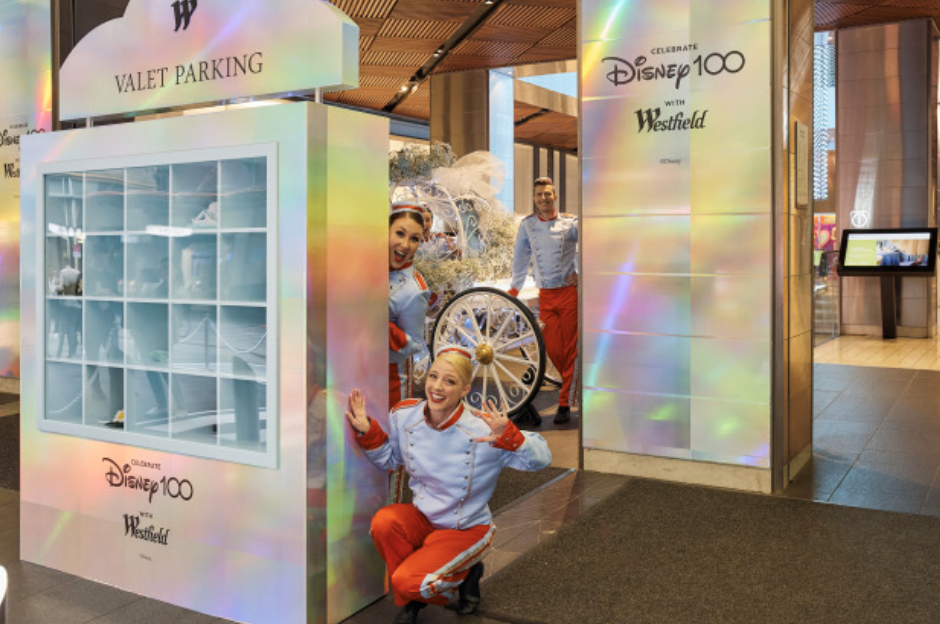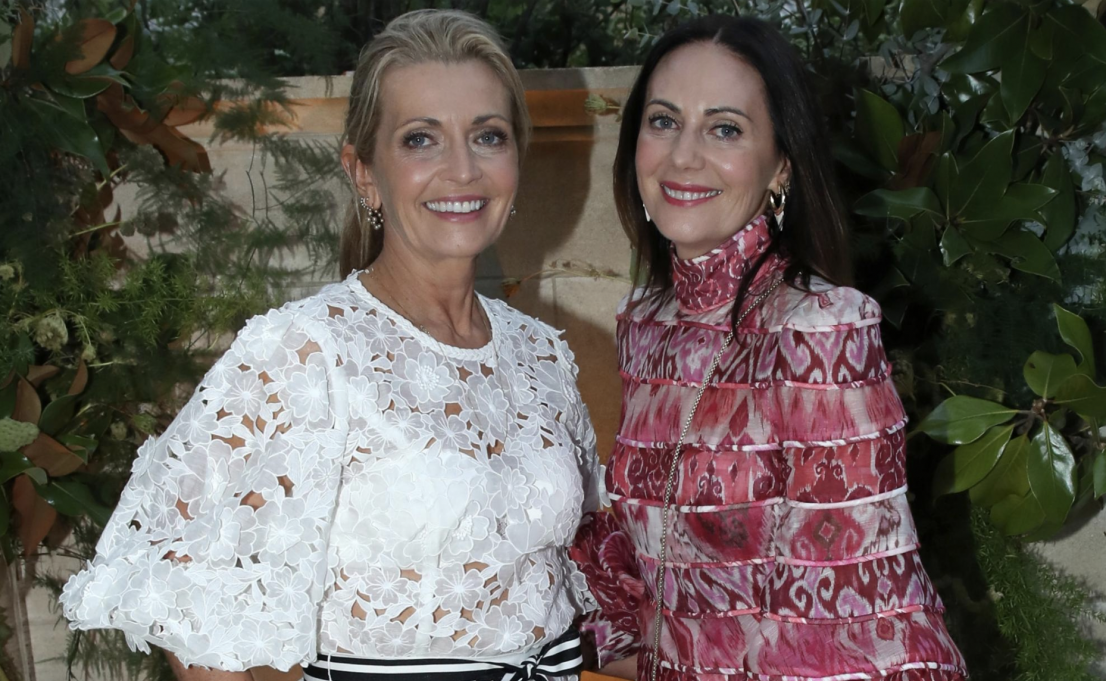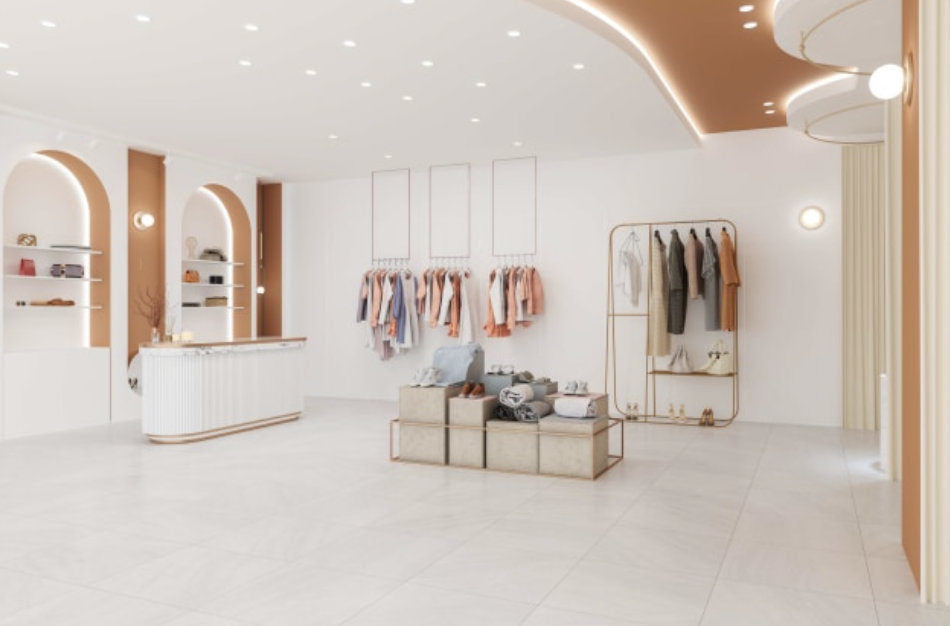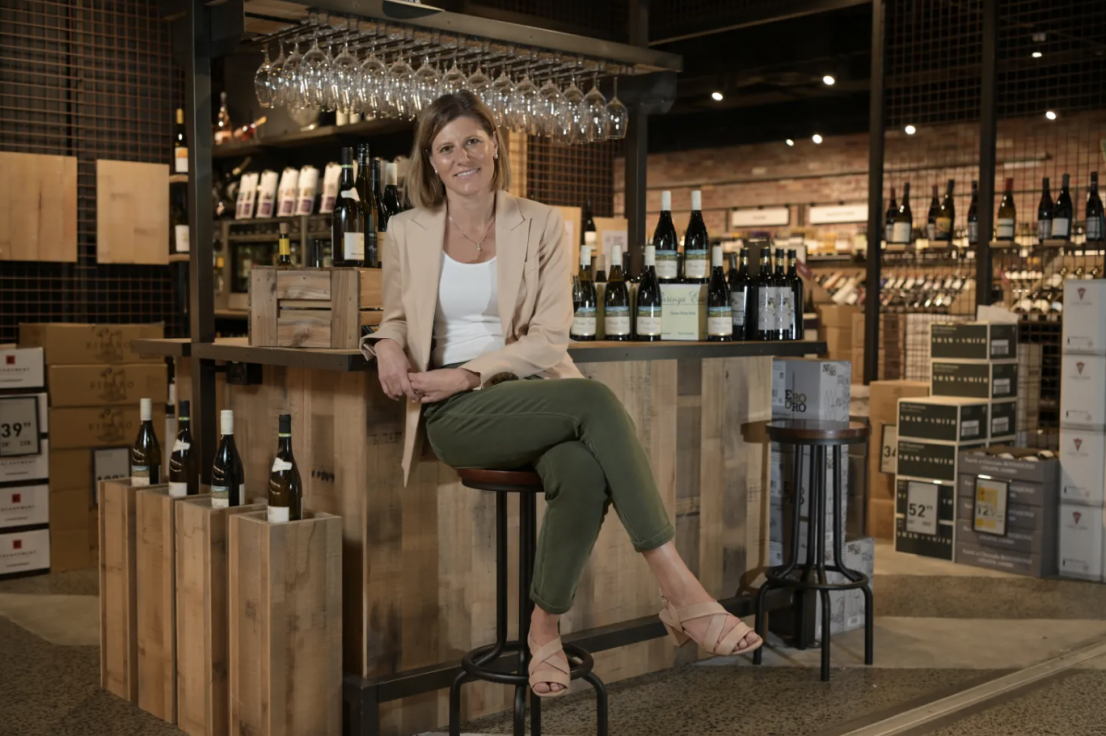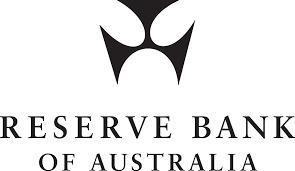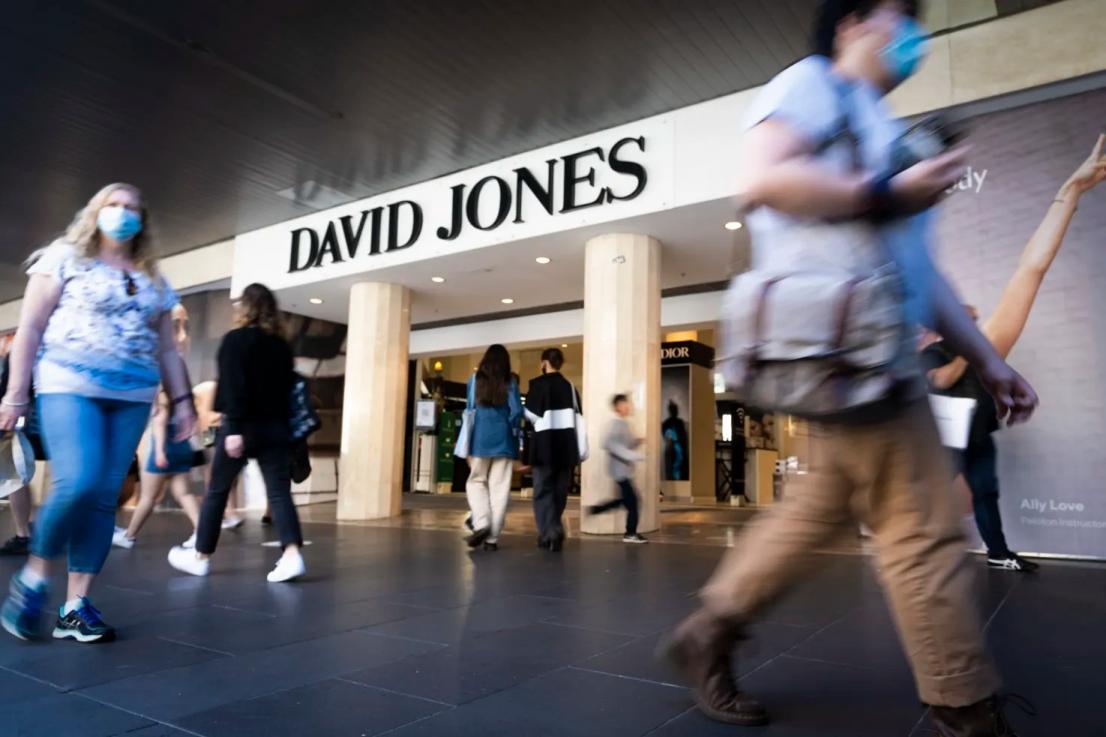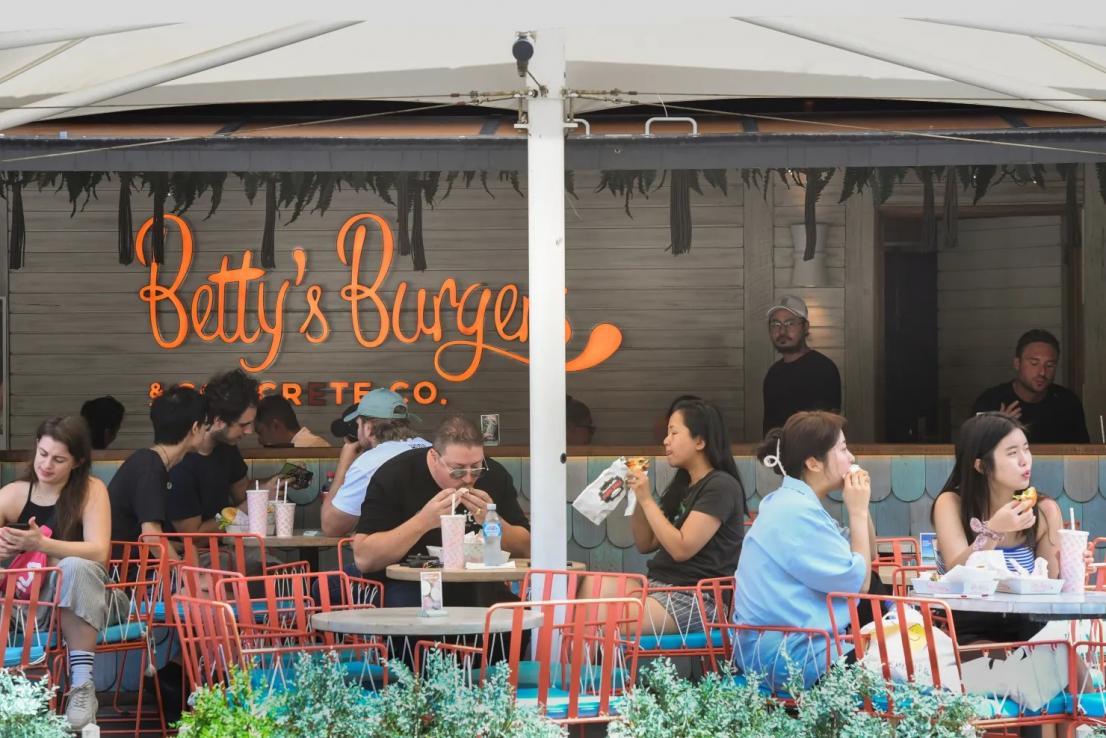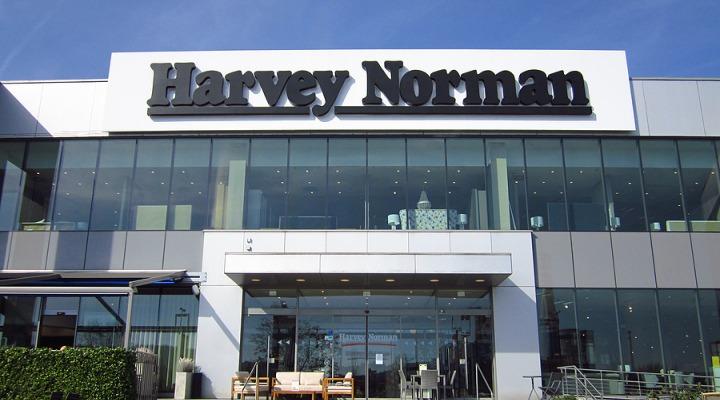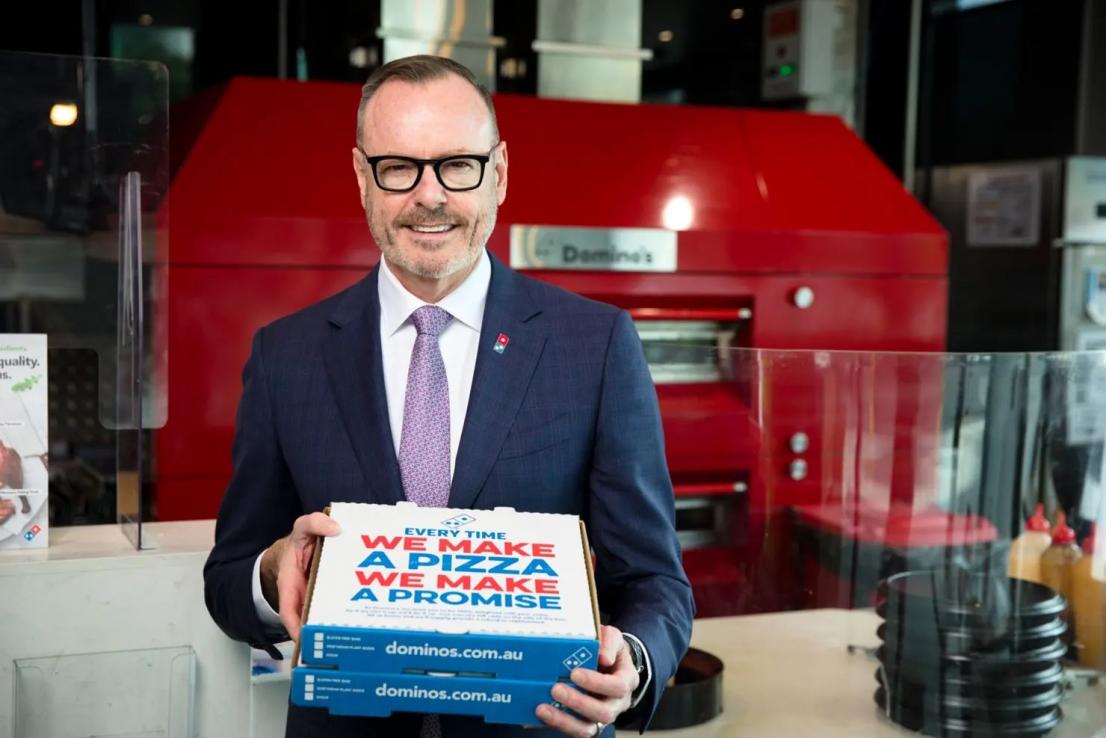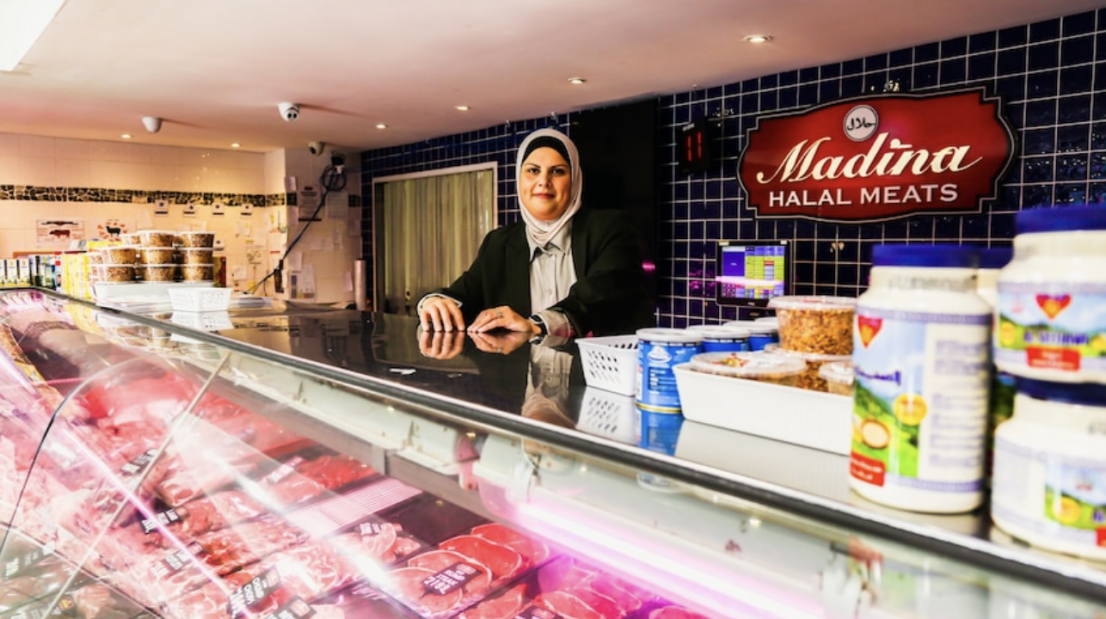
Australia's economy is still holding up on the back of household spending, but there are warning signs that a severe downturn may be nigh, with business confidence falling and consumer confidence at sustained lows not seen since the 1990s recession.
Melbourne butcher Madina Halal Meats has already seen a shift in behaviour.
Customers are trading in prime steaks and poultry in favour of "mince, cheaper cuts of steak [and] casserole dishes".
"That's mainly due to the higher cost of living," manager Amoon Dennaoui said.
She said the shop's customers were spending about 10 per cent less per order, and she had noticed the downturn take hold since the middle of last year when the Reserve Bank of Australia started raising interest rates to tackle soaring inflation.
It is an early manifestation of the plunge in consumer confidence since rates started rising in May last year.
The widely watched Westpac-Melbourne Institute survey of sentiment came in below 80 for the second month in a row — 100 is the level where optimists equal pessimists.
"Runs of sub-80 reads have only been seen during the late 1980s/early 1990s recession and in the 'banana republic' period of concern in 1986, when the Australian dollar was in freefall after the federal government lost its triple-A rating," noted Westpac's veteran chief economist Bill Evans.
Delaying major purchases
Things are shaping up to be even tougher for businesses that sell big-ticket items.
Tony Dagher works in a furniture and home appliance shop on Sydney Road, the same street as Ms Dennaoui's butchery, and has sold fewer beds, couches and electrical goods than this time last year.
"Last year, I was working full-time hours. Now I'm working far less," Mr Dagher said.
But it is not just in Melbourne's north where consumers are holding off on big purchases, according to Westpac's survey, which found most people thought now was a bad time to buy a major household item.
"Apart from two brief tumbles during the global financial crisis — both monthly falls that were quickly reversed — this is the lowest read on this component in the history of the survey going back to 1974 — weaker than the poorest reads during the recessions of the mid-1970s, the early 1980s and the early 1990s," Mr Evans said.
Data released by the Commonwealth Bank also saw a marginal decline in the spending intentions of households by 0.1 per cent, led by a drop in spending on entertainment, retail and travel — categories that saw a major increase post-pandemic.
CBA noted, however, that while people were spending about the same amount of money, there were telltale signs "consumption is beginning to slow" due to higher prices and interest rates.
This emerging change in spending habits also helps explains results from NAB's business survey, which found business confidence entered negative territory in February, falling to -4 index points despite "solid" business conditions for retail and personal service businesses.
"Confidence has been volatile over recent months," NAB chief economist Alan Oster said.
"Confidence fell late in 2022 as concerns about the global economic outlook increased. There was a respite in January as those concerns appeared to ease, but the decline in February suggests the outlook remains clouded."
Even in the current economic climate, people are still looking to enjoy themselves — but many are turning towards cheaper alternatives.
Centrestage Costumes owner Mary Gurry has seen several recessions during her 40 years of running the shop. She remembers the downturn in the 1990s as the worst for her business.
"I have weathered every storm since 1980," she said.
While she believes costume shops are somewhat recession-proof because "people love to party" especially when times are gloomy, she expects another downturn to hit her business later this year.
"We will see a downturn in the next 18 months … there's no doubt because there's mortgage stress out there already," she said.
But Ms Gurry's suspicions of a business downturn are not just a hunch. Mr Oster said they were likely to become a reality.
"We continue to expect a more material slowdown in demand later in the year when the full effect of rate rises has passed through," he warned.
Signs of tougher times ahead
ANZ senior economist Adelaide Timbrell, who has been tracking consumer confidence and spending, said Australians had weathered the RBA's interest rate hikes well so far.
But she warned tougher times were ahead, with mortgages set to come off ultra-low fixed rates onto much higher variable ones later this year.
She said initial signs of a downturn had been patchy until now, and people with savings had been spending on things they were unable to enjoy during years of rolling lockdowns and closed borders.
"If people want to shop on a luxury right now, they're making it travel post-pandemic, rather than an expensive dress or TV," Ms Timbrell said.
The data backs this up. ANZ figures show people are spending 87 per cent more at travel agents than a year ago. This suggests forward spending too, as people book these trips in advance.
But Ms Timbrell said the downturn hitting specific sectors, such as furniture, could also be linked to the housing-market decline, which was seeing fewer people buy new homes and therefore fewer new products for them.
ANZ data suggests people are switching to buying second-hand items to reduce the amount of money they are spending.
"We're seeing a bigger focus on the part of consumers to the cheapest products, and that generally means larger businesses," she said.
"Small businesses are going to be a little bit more impacted by an economic downturn because they don't have the scale to fall back on."
